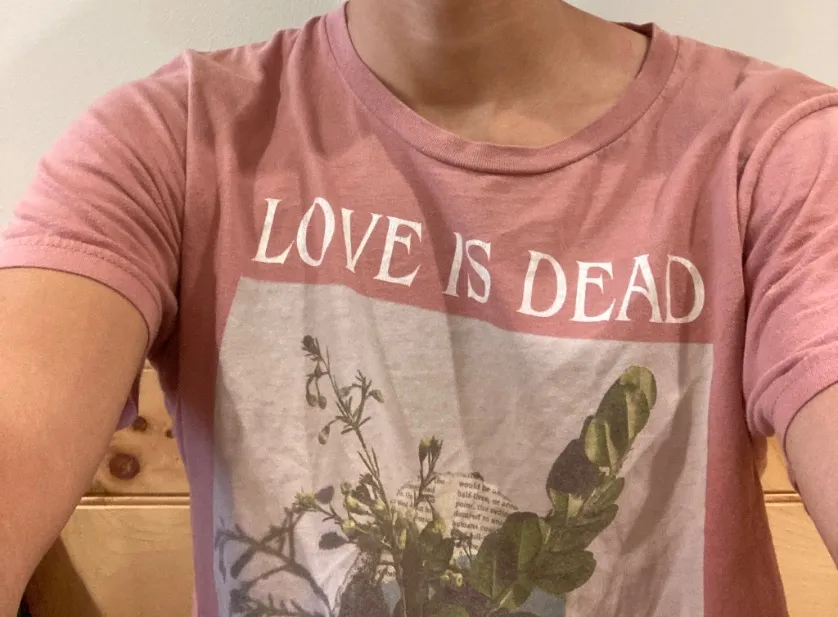Love languages and the end of love
I read a tweet recently lambasting the five love languages and their author. (You certainly know the book.) Specifically, the tweeter wrote that:
I will NEVER stop talking about how “love languages” is just something made up by a misogynistic pastor, thoroughly unqualified to write a psychology self help book, so he could insist wives owed their husbands sex on demand.
That’s all this trash has ever been.
Like everyone else who has heard of the love languages, I haven’t actually read the book. I also have no stakes in the truth of these claims regarding their author, Gary Chapman. But I am interested in why an idea like the love languages has remained so popular throughout the course of its 30 year existence.
Part of the answer seems to be that we, as humans, want to understand others and ourselves. We want to know how to be and act, and we dislike dealing with ambiguity and uncertainty. (Hence the appeal and popularity of self-help.) This is especially true when it comes to dating and relationships. Sociologist Eva Illouz writes about this eloquently, if not dryly at times, in The End of Love.
Her book explores the connection between capitalism and the rise of the “negative relations.” Negative relations refer not to the quality of our relationships (though their quality is certainly implicated), but rather the way that they are formed and characterized in the modern age. Specifically, our relationships are increasingly defined by “non-choice,” by an unwillingness to choose a person or relationship to date or otherwise commit to, by a lack of definition and direction. If marriage was once the endgame of relationships (it still is for the majority of people), then negative relations describe the opposite: they are relationships centered on uncertainty and the lack of deeper relating.
Negative relations stem from the capitalization of the idealogical freedoms that feminists have historically fought for. Put another way, the freedom to love has manifested as another form of consumer choice. Consider how we sometimes talk about relationships: our speech is riddled with the impersonal, transactional vernacular of the market. The result is a dehumanization of the person, Illouz argues, which has produced: an abundance of ghosting, more flakiness, hurt feelings and the fear of intimacy, the romanticization of falling but not staying in love.
It’s great that we can be in relationship with a wider range of people from all walks of life. It’s wonderful that we can choose what to make of our relationships, free from the sometimes too narrow purview of religion and social norms. These are things we should celebrate as an achievement of modernity.
But freedom without constraint tends to chaos, which is no freedom at all. What we need are better norms around dating and relating. What we need is to recognize the importance of values and moral development—without it devolving into another form of control over the masses. People are not fungible bodies on a swipeable rotisserie. There is an essence to us that deserves dignity and respect, within all our romantic antics.

The desire for deep, genuine, committed connection still exists. We hunger for safety and closeness, for the kinds of inside jokes and wordless knowings that are forged only through the heat of what lasts. Our attraction to the love languages seems to reflect this yearning, in part. We want to express and receive love in ways that feel nurturing and connective, that builds us up and lead us somewhere, even when the relationship itself, whatever its trajectory, has run its course.
The love languages themselves are kind of silly, frankly; it’s obvious that they aren’t distinct categories of expression. Take acts of service for example, and physical touch. Physical touch can be received as an act of service. The same can be said of gifts and words of affirmation. I can also imagine a kind of high-quality quality time that involves the tongue of every language.
Still, they are appealing if only to highlight and reinforce the sentiment that people like to receive and express love in different ways. This is something we can all agree on as a net positive resulting from the book. The jokes and memes are fun too. (“My love language is nitpicking love languages!”) I like to believe that the tweeter above is frustrated because they, like Gary Chapman, believe in a better kind of love.